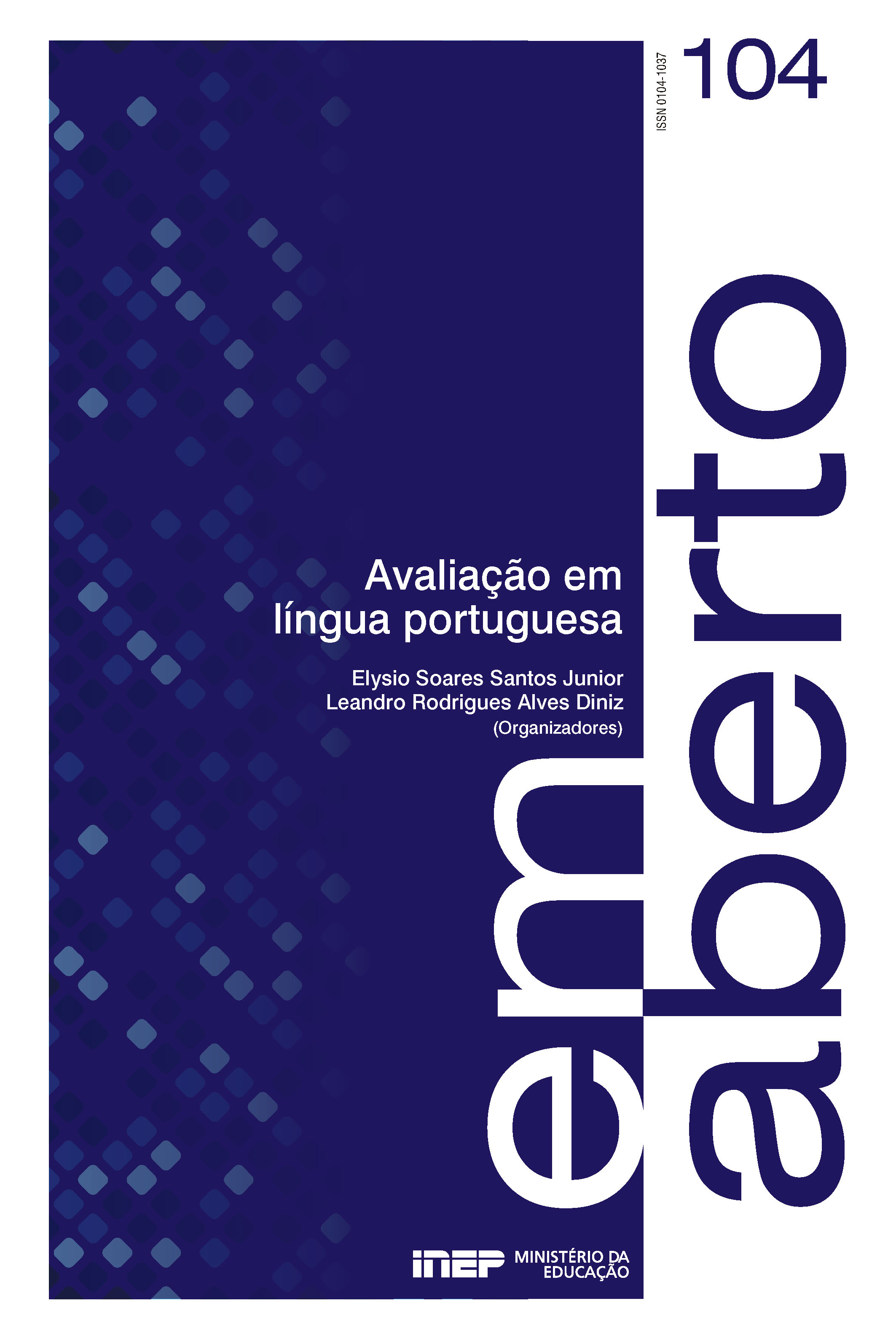Fronteiras didáticas do português como língua adicional em Portugal e no Brasil: entre mudanças políticas e epistemológicas
Abstract
As principais políticas linguísticas concernentes ao português como língua adicional (PLA) são descritas com o objetivo de justificar a sua consolidação no Brasil, já que em Portugal há um vasto histórico de reflexões em relação a essa área, notadamente para a elaboração de currículos. Em seguida, analisam-se produções acadêmicas brasileiras – sobretudo dissertações de mestrado e teses de doutorado –, com o propósito de compreender a evolução discursiva relacionada ao Certificado de Proficiência em Língua Portuguesa para Estrangeiros (Celpe-Bras), sua pertinência para a consolidação da área e o impacto do seu construto teórico sobre uma mudança epistemológica no ensino de PLA. Nessa análise, constata-se a presença das noções de uso da linguagem e de gêneros discursivos. Na conclusão, o desenvolvimento da área no Brasil é discutido em relação ao plano supranacional português e às inferências apresentadas sobre as políticas linguísticas que direcionam o ensino de PLA nos dois países.Downloads
Download data is not yet available.
Published
18-06-2019
Section
points of view - What do other experts think?
These are the terms of this Copyright Notice:
- I declare that I permanently forfeit in favor of the National Institute of Educational Studies and Research (INEP) all rights related to:
-
- editing, publication, reproduction, and distribution of the work;
- publication through digital and electronic media;
- translation of the work to any language;
- updating, re-printing, adaptation, and compression of the work;
- uploading of work in the publishing platform of INEP;
- divulging complete or parts of work through the World Wide Web (internet), whether in Brazil or foreign countries;
- authorization of third parties to execute any of the acts mentioned before.
- I explicitly declare that I am solely responsible for the opinions expressed in the work, and its publication does not violate the rights of third parties.
- I declare that the nature of said work is one of pro bono publico and, as such, I forfeit the right to any compensation regarding ownership rights granted.
- I authorize spelling and grammatical review of the manuscript, provided that the content and opinions therein remain unchanged.












